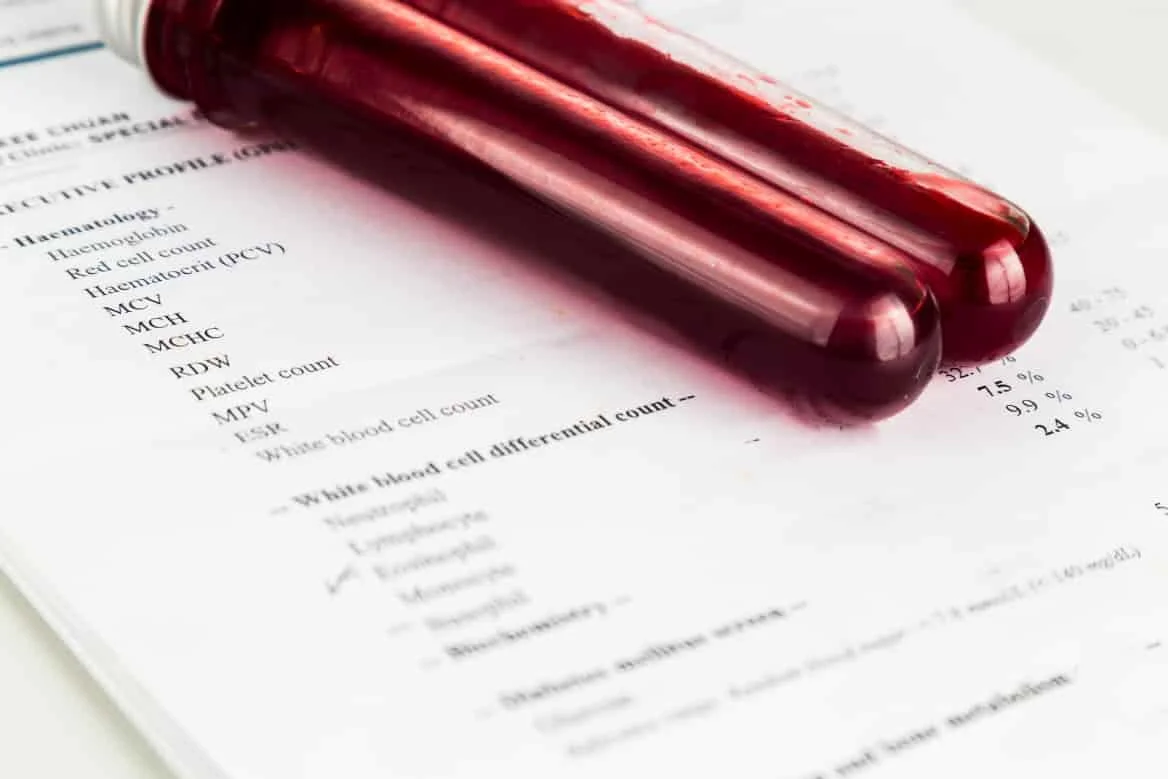
Monday to Friday 9:00 AM - 6:00 PM
Saturday to Sunday 10:00 AM - 2:00 PM
 Book Appointment
Book Appointment

Monday to Friday 9:00 AM - 6:00 PM
Saturday to Sunday 10:00 AM - 2:00 PM
 Book Appointment
Book Appointment

HIV (human immunodeficiency virus) is a terrible virus that damages CD4 cells in your immune system making it unable for your body to defend itself against infections and disease.
AIDS (acquired immune deficiency syndrome) is described by different infections and illness that occur after the Human Immunodeficiency virus has damaged the immune system. AIDS, unlike HIV, is a syndrome that is caused by HIV and cannot be transmitted to another. Currently, there is no cure for HIV, but there are anti-retroviral drugs that can be used for treatment so that its patients can live a long and healthy life. If HIV is diagnosed early and managed through the use of anti-retroviral medications, it won’t develop any AIDS-related illnesses.
There are several symptoms of HIV, but the most common are:
It is advised you take an HIV test if you have these symptoms, especially when you think within the past few weeks you have been at risk of HIV infection.
These symptoms are not peculiar to just HIV, so having any of these symptoms don’t confirm you have HIV until you take a test.
One can be infected with HIV for many years without knowing. The virus gradually damages the immune system, and once the immune system becomes severely damaged, it poses symptoms which include:
Transmission of HIV from an infected person can be through body fluid such as semen, vaginal and anal fluids, blood, and breast milk. HIV cannot be transmitted from body fluid like saliva, urine, or sweat because it is a fragile virus that cannot survive outside the body for long. Ways HIV can be transmitted include:
The only way to know your HIV status is by taking a test. Your first test may suggest you have HIV, but you must do a confirmatory test after some months.
You should be aware that:
Taking antiretroviral medications have been proven to stop HIV replication in the body –this aids the body to prevent further damage through repairing itself. Single-drug should not be used at all times so that the virus will not develop resistance against it. HIV medication is prescribed by doctors to be taken daily to reduce the viral load in your body.
Having HIV without treatment can lead to severe immune system damage causing life-threatening illnesses such as cancer and many others. Taking effective HIV treatment can help to leave your normal healthy lifespan and will also reduce the risk of your transmitting the virus on to others. You should take regular exercise, eat a good and healthy diet and stop an act that poses a risk to your health such as smoking and indiscriminate consumption of alcohol.
For more information on HIV, contact us at STI Clinic London and we will be glad to help.
